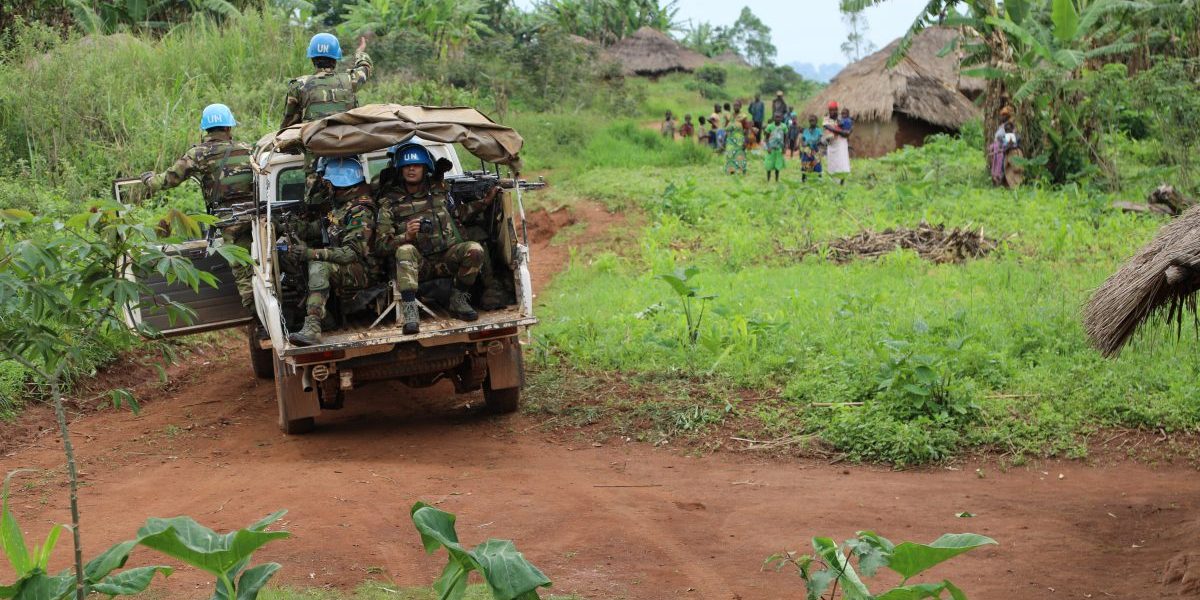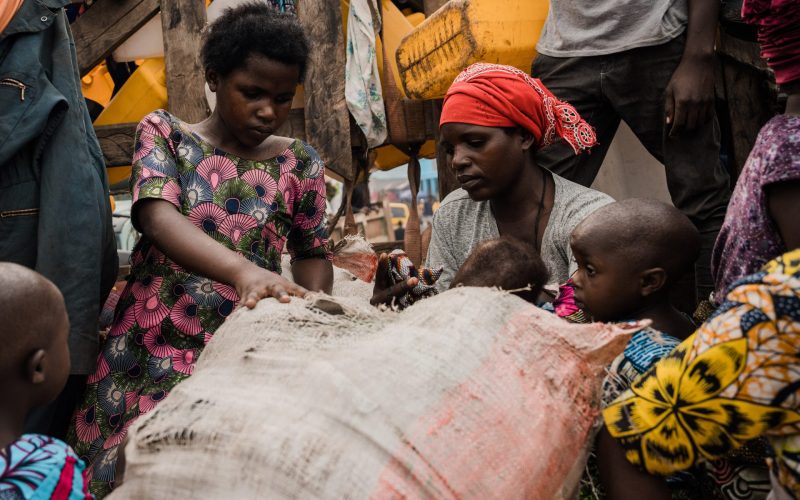Equally unprecedented was the adoption of “Goal 16: Promote peaceful and inclusive societies for sustainable development, provide access to justice for all and build effective, accountable and inclusive institutions at all levels.” This is a milestone because it frames the promotion of sustainable peace and security as a development issue.
This reflects what many leaders have long known: development is impossible without peace. However, inasmuch as SDG 16 is a step forward and has set the right agenda, it still remains unclear how it should be implemented in countries experiencing crisis. Much of Africa, a continent in dire need of structured development, remains besieged by internal crises and outbreaks of violence that undermine the SDG agenda. While it is important that governments respond to these crises, SDG 16 is unique for the fact that it calls for a multi-stakeholder response to implementation. It calls on civil society organizations (CSOs) and other non-state actors (NSAs) to take a more active role in implementing the SDG commitments even when governments are unable to do so.
To unpack the role that civil society and other NSAs can play in implementing the SDG agenda in times of crises, this paper will first sketch the evolving nature of conflicts in Africa. The paper will then elaborate on some of the main root causes before outlining a nexus between the UN, the SDGs, and conflict prevention as an important policy framework for addressing violent conflicts. It will then look at the role of the African Union (AU) and its policy responses to crises on the continent. Finally, the paper will conclude with recommendations for how the AU and the UN could synergize their interventions and/or responses to crises in the region in order to improve the implementation of SDG 16 in conflict-affected countries.








